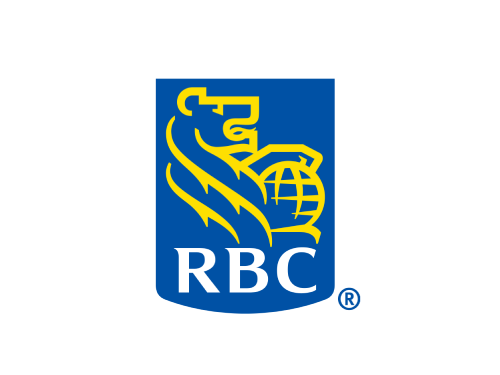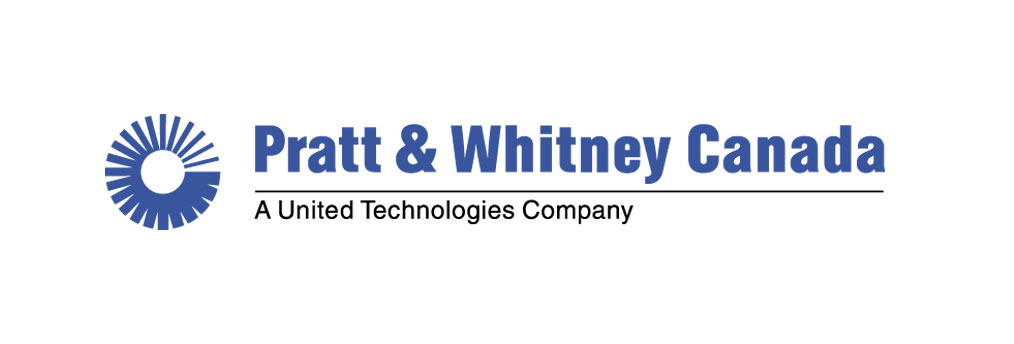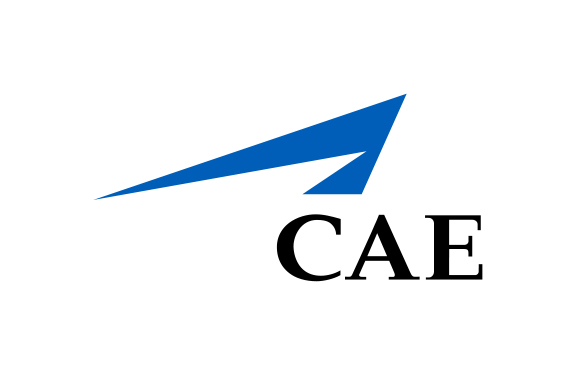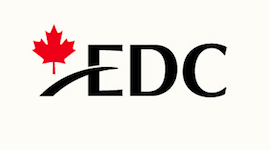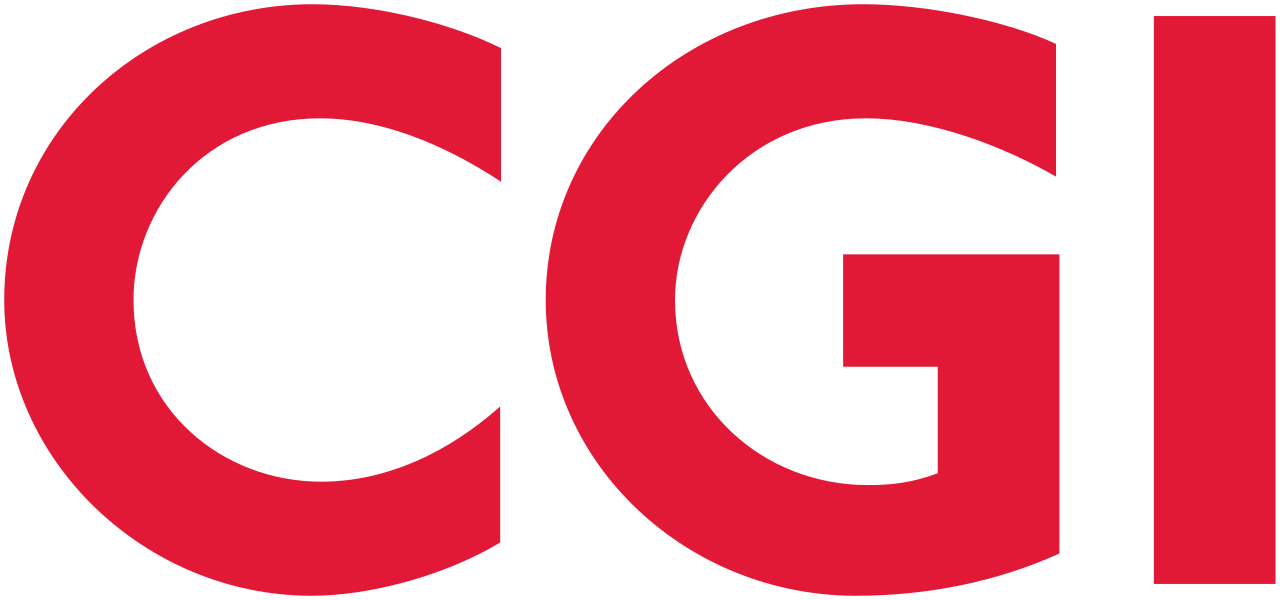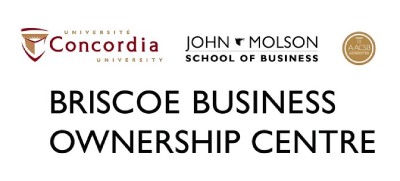Case Competition draws a crowd
Students from around the world compete, and U of Calgary wins
The highly successful 1995 edition of the Concordia International MBA Case Competition wound up last Friday at the Chateau Champlain hotel with a big banquet and awards ceremony.
Thirty teams from Canada, the United States, Mexico, New Zealand and Europe had competed for more than a week, figuring out solutions to real-life business problems.
Memorial in 2nd place
The University of Calgary captured the top spot for the second year in a row. Memorial University, of Newfoundland, placed second, and Queen’s University third. It was the first time that Queen’s had made it into the top three.
Concordia’s team finished first in Quebec and second in Eastern Canada, behind Memorial. Although they lost their first two cases, they came back to win the next three, and in the end, came second to Calgary in their grouping.
Competing this year were Anne Vivian-Scott, Ludo Segers, Marc Lemoyne and Reena Atanasiadis. Every year, the team is chosen early in December from students enrolled in the case competition course taught by Jan Meyers (Management).
“In past years, we have often started off extremely well and then had a setback,” said Meyers, who coaches the team. “In this case, we started poorly, and I think it was a mark of the strength of the team that they were able to overcome the disappointment at the beginning and score beautifully in the third, fourth and fifth encounters.”
Competition organizers Claire de Passillé, Sabina Kuepper and Ari Papas worked for almost a year to ensure that the event ran without a hitch. They saw to it that over 150 competitors and 200 volunteer judges were well taken care of by 60 volunteers and support staff. They obtained the cases, made the bookings and ran the show. One of the advantages of the case competition is that it mimics real life, presenting Master’s of Business Administration students with tough situations that demand solutions in a pressure-cooker atmosphere of competition.
David Goldman, executive vice-president of Noranda Metallurgy, was both a judge and an advisor to the organizers. He has attended the competition for the last 12 years, and felt that this year’s was the best ever. “The organizers had everything on track,” he said. “Everybody here thinks that it is professional and surprised by what the students can do within so short a time. “It is always a kick for us older guys in business. The amazing thing is that we don’t think that we could do that much work in three hours.”
MBA programme director Derek Acland said that the event has three important elements: the organization of the event by students, the showing of Concordia’s own team, and how it draws the business community through the large number of unpaid, extremely experienced and genuinely committed judges. “They all get really involved, and want to come back,” he said.
It is a round-robin tournament of six divisions of five schools each. Each school competes against all other schools in its division, and in one interdivisional match. Divisional winners advance to the semi-finals, and the finalists compete for the Concordia Cup.
Additional reporting by Barbara Black







